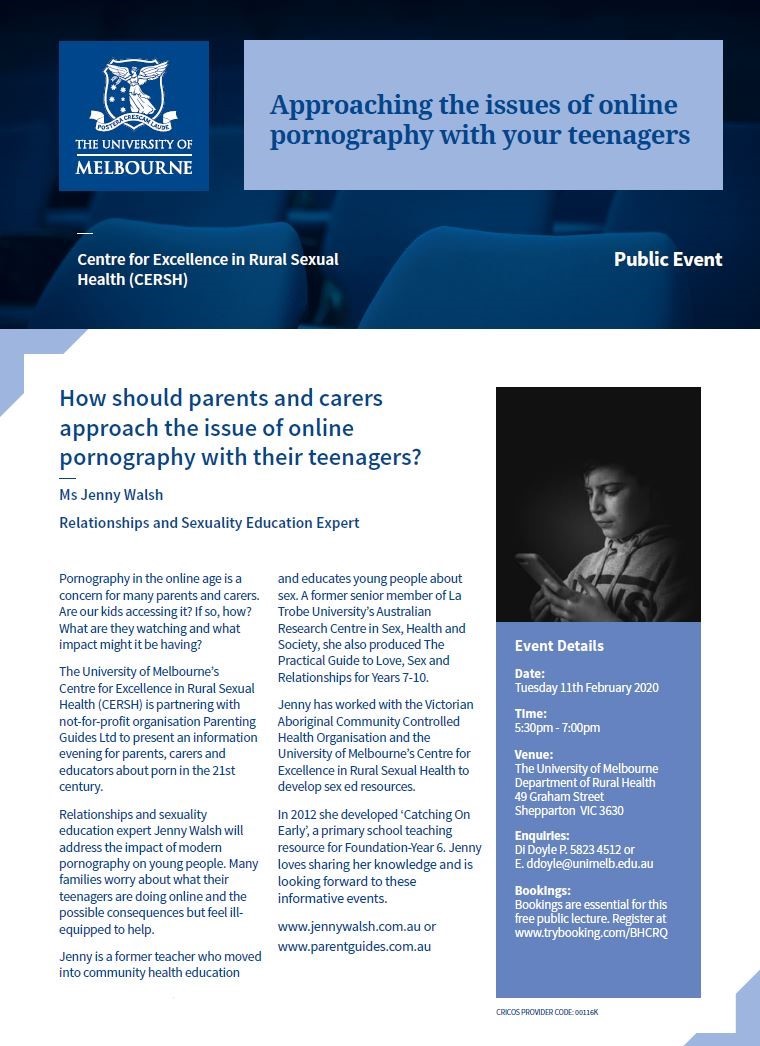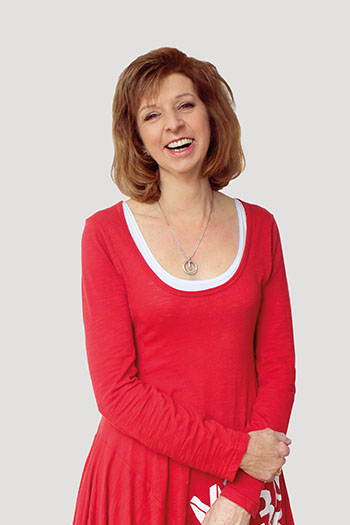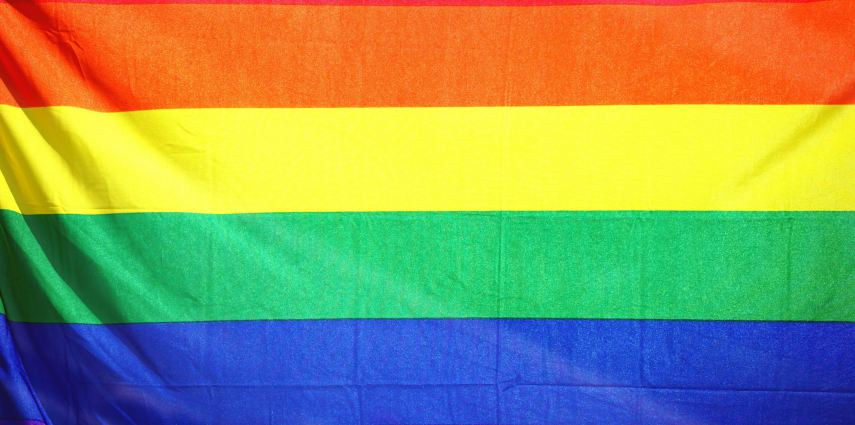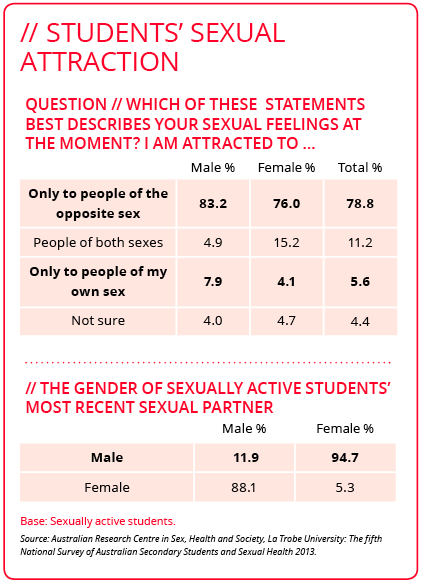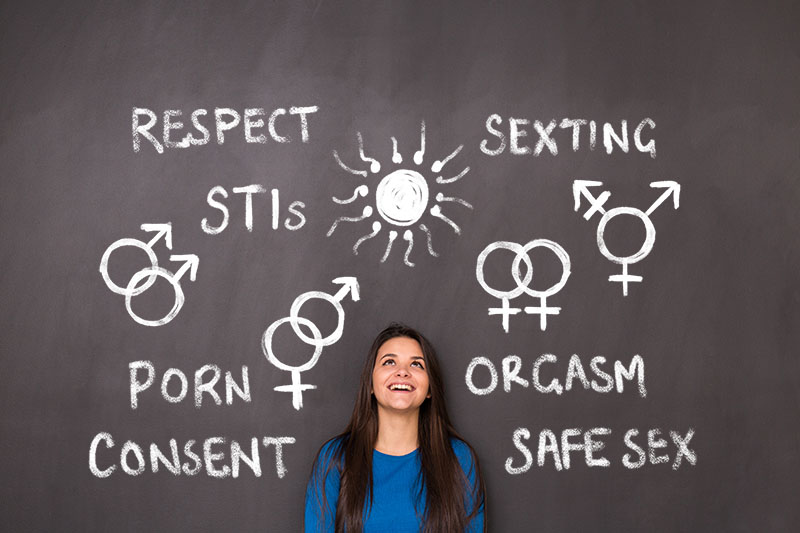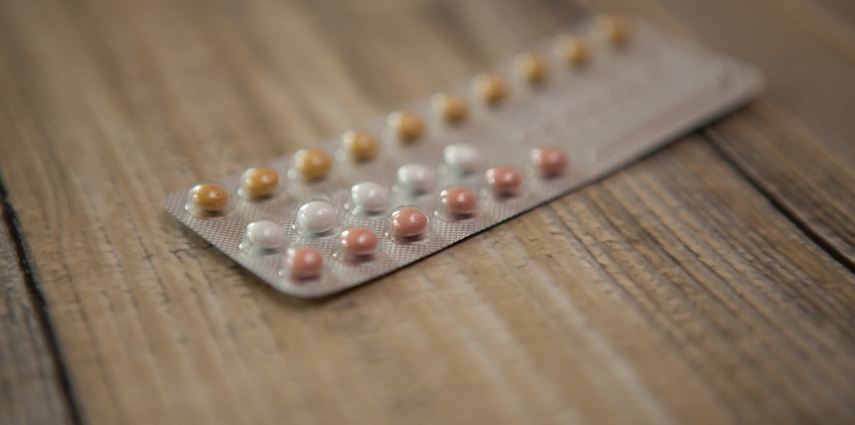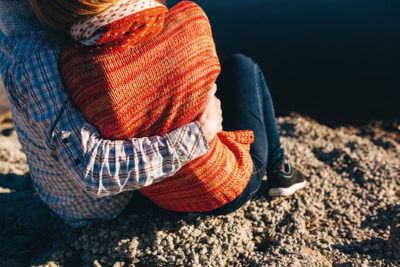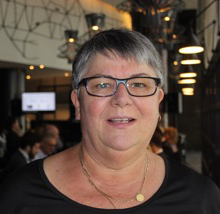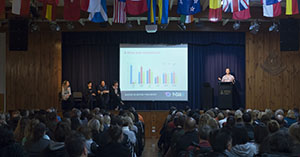Forensic psychologist Dr Russ Pratt says we must educate children about sexuality, pornography and consent from a young age.
While sexual harassment and assault concerns have existed forever across our school systems, the public disclosure of numerous incidents around Australia highlights just how extensive and thus problematically relevant these issues are for today’s educators, parents, and others.
When it comes to sexual and relational matters, young people are far more sophisticated, and exposed to so much more information than their parents and carers were as teenagers. However, the ‘basics’ should still apply when it comes to educating them about appropriate sexual and relationship behaviour.
Children and teens pick up so much information about sex and relationships from those around them. This generally starts with their parents and adult family members, and later, as teenagers, their same-age peers. Some of that information, particularly about sexual matters, but also about various other ideas they hear may range from fine, through to mildly problematic and then to plainly unacceptable. But how is a child or young teenager able to know that without appropriate guidance?
The key to ‘Keeping It Real’ is to provide good, practical ‘real-life’ education to our kids, starting from a young age, about consent and respect, using age-appropriate language and real-life examples. If we’re really serious, we need it to be a joint venture between schools, families and young people.
The importance of education
Schools should integrate information and teach children and young people about all aspects of relationships throughout their curriculum from the start of primary school and later, at the appropriate time, provide comprehensive relationally-based sex education with consistent messaging. ‘It’s not just about the mechanics!’ Some schools already do this well; others don’t.
Parents and carers also need to educate, instil good values, and set good examples, as we know that giving consistent, repetitive, and practical messages to teens, and then directly role modelling appropriate behaviours can – and WILL make a difference!
Role models are incredibly important, whether they be parents, carers, teachers, other adults, or older, pro-social teens. High profile incidents such as Canberra staffers filming themselves having sex in Parliament House, and politicians accused of sexual assault, do not have to be the ‘prevailing view’ of actions that our kids see or believe to be appropriate behaviours. We, as parents and educators should assist them to critique these images and messages that they see, hear, and sometimes are themselves exposed to.
Most young people want respectful relationships. But a small percentage feel entitled to treat others poorly. Let’s take 100 teenagers. Around half will understand the concept of respect and consent and live by it. Thirty-five more will require help with expectations and boundaries, and when given good direction will respect them. The final 5-10 per cent will ignore attempts to educate them; they feel entitled to act as they please, including sexually. This last group really need our help the most.
Navigating the online world
The online world has changed immensely over the past two decades. Inappropriate behaviour that in the past would be localised and managed, can now be recorded, amplified, and replayed. In a world where it becomes harder and harder to shock, the worse your behaviour is, the more likely bad behaviour will get you noticed.
Take online pornography, which can create a warped view of what’s sexually normal or acceptable, and what to expect from partners (and what partners expect from you). By age 15, most young people have been exposed to porn willingly, by accident, or unwillingly. In many cases, boys believe they must replicate what they see to be a good lover, and girls feel they must consent to painful and sexually problematic acts.
What can we do? Well, Social Worker Cyra Fernandes and I developed the Savvy Consumer model to equip youth to critique pornography, to better understand the tenuous relationship of online pornography to real, everyday sex – and to treat pornography with the contempt it deserves. We still advocate a zero-tolerance approach for children aged under 12, but we want older youth to understand the physical and relational aspects of a sexual interaction. We also acknowledge that many young people handle porn well, but others need guidance.
No easy answers
Parents may find it hard to discuss these difficult topics, but the younger we lay the foundations for respectful behaviour, the better.
Issues around sex, respect, and consent are complex, and there’s no simple solutions. We can minimise harm, however, by appropriately educating children from a young age about sexual and relational matters, modelling good behaviours, and calling it out when we see bad behaviours.
As parents and teachers of the next generation, WE must do this work, or the internet will do it for us, and our children will live with the consequences. Don’t feel that you’re on your own with this stuff; there’s always help available to assist with giving kids valuable support in often tricky areas.
Forensic and Counselling Psychologist Dr Russ Pratt founded Prime Forensic Psychology and specialises in sexual abuse and child protection issues. www.primeforensicpsychology.com


